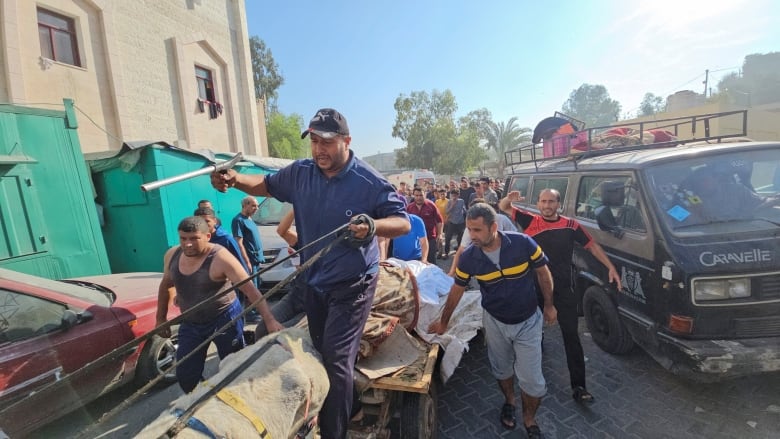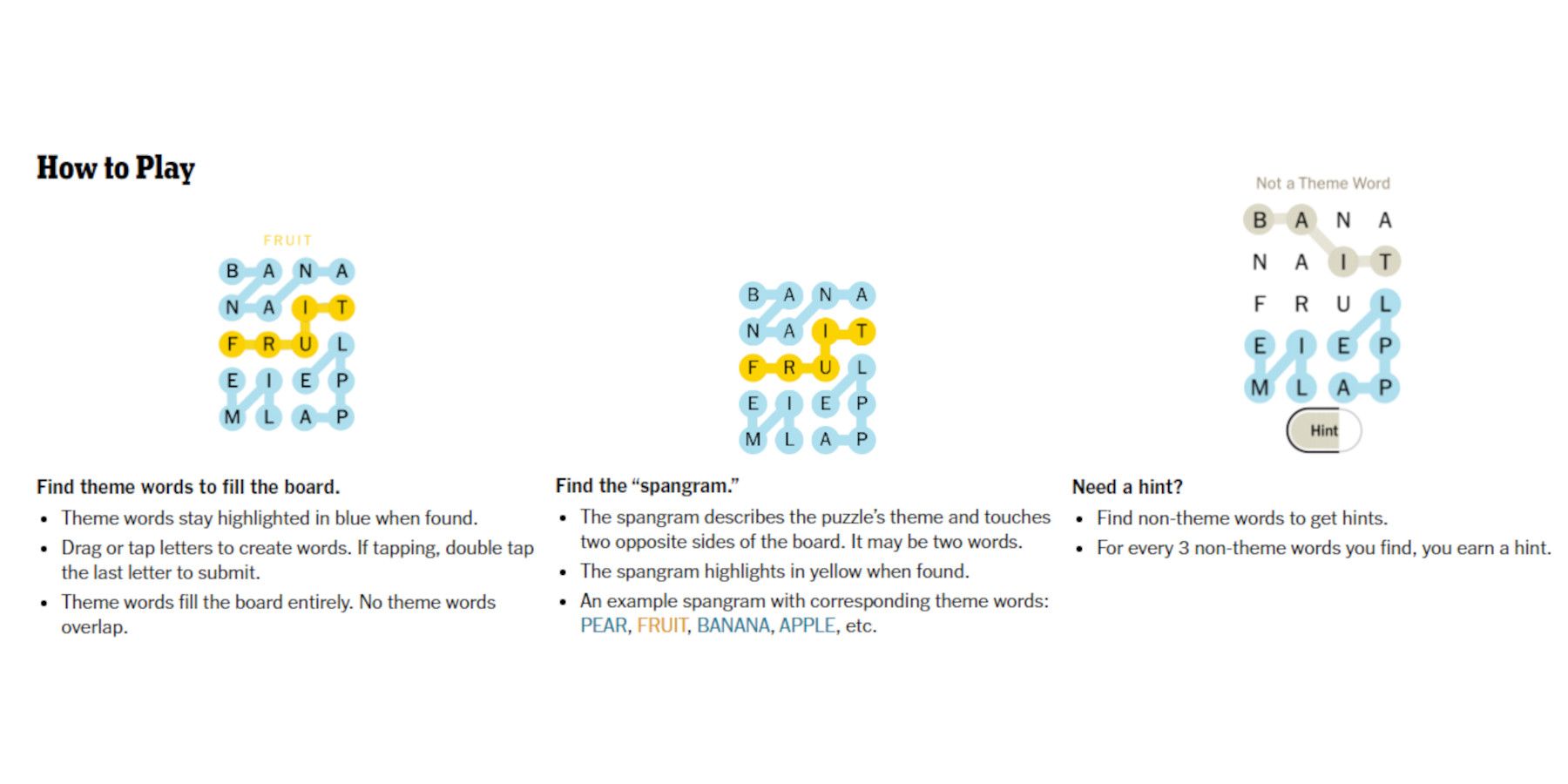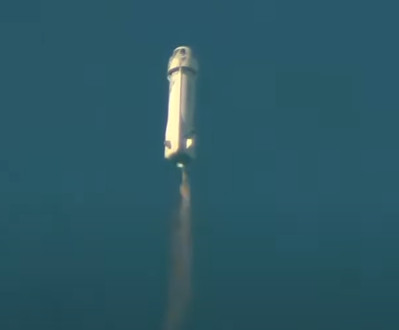Dwindling Resources In Gaza: Calls To End Israeli Aid Ban

Table of Contents
The Impact of the Israeli Aid Ban on Essential Resources
The Israeli aid ban has had a catastrophic impact on essential resources in Gaza, creating a perfect storm of interconnected crises. The restrictions on the import of necessary materials and the damage to existing infrastructure have exacerbated pre-existing vulnerabilities, resulting in a severe humanitarian crisis.
-
Severe Water Scarcity: Over 95% of Gaza's groundwater is deemed unsafe for drinking due to saltwater intrusion and pollution. Damaged infrastructure, coupled with restrictions on importing necessary materials for repair, severely limits access to potable water. This results in widespread health problems, particularly among children, increasing the burden on an already strained healthcare system. The water crisis in Gaza is a direct result of years of conflict and neglect, further amplified by the Israeli aid ban.
-
Chronic Electricity Shortages: Power outages lasting for up to 12 hours daily are commonplace in Gaza. This crippling lack of electricity impacts hospitals, water purification plants, sanitation systems, and virtually every aspect of daily life. Businesses struggle to operate, and essential services are consistently disrupted, leading to further deterioration of living conditions and increased hardship. The electricity crisis in Gaza is directly linked to the limited fuel supplies allowed into the region, a consequence of the ongoing Israeli aid ban.
-
Food Insecurity and Malnutrition: Restrictions on the import of essential food items, including basic staples, have led to widespread food insecurity and malnutrition, particularly among children and vulnerable populations. According to UN reports, child malnutrition rates are alarmingly high, exceeding international thresholds for emergency response. The inability to adequately feed the population creates a cycle of poverty and ill health, compounding the effects of other resource shortages.
-
Lack of Essential Medical Supplies: The inability to import vital medicines and medical equipment is creating a healthcare crisis. Hospitals struggle to provide adequate treatment, facing shortages of essential drugs, medical devices, and even basic supplies. This leads to increased mortality rates and a compromised ability to treat preventable diseases. The lack of medical supplies in Gaza directly contributes to the already high mortality rate and makes even minor health issues life-threatening.
-
Deteriorating Infrastructure: The lack of building materials and restrictions on construction hinder the repair of damaged infrastructure, exacerbating the impact of other shortages. Damaged roads, sewage systems, and water pipes remain unrepaired, further hindering access to essential services and creating unsanitary living conditions. The deteriorating infrastructure in Gaza is a physical manifestation of the ongoing humanitarian crisis fueled by the Israeli aid ban.
The Human Cost of the Israeli Aid Ban
The consequences of the Israeli aid ban extend far beyond the lack of material resources. The human cost is immeasurable, impacting every aspect of Palestinian lives and violating fundamental human rights.
-
Increased Poverty and Unemployment: The aid ban has devastated the already fragile Gazan economy, leading to soaring unemployment and poverty rates. With limited opportunities for employment and income generation, families struggle to meet even their most basic needs. The economic impact of the aid ban exacerbates the humanitarian crisis, creating a cycle of poverty and despair.
-
Health Crisis: The lack of access to healthcare and sanitation, coupled with water scarcity and food insecurity, has resulted in a sharp increase in preventable diseases and mortality rates. The healthcare system is overwhelmed and struggling to cope with the growing demand, further compounding the suffering of the population.
-
Educational Setbacks: Power outages and lack of resources negatively affect the education of children in Gaza, hindering their future prospects. The disruption of schooling contributes to a cycle of poverty and limits opportunities for future generations.
-
Psychological Trauma: The ongoing blockade and its consequences have caused significant psychological trauma among the population, especially children. The constant fear of violence, the lack of resources, and the uncertainty of the future contribute to widespread mental health challenges.
-
Violation of Human Rights: The Israeli aid ban constitutes a clear violation of international human rights law, denying Palestinians their fundamental rights to life, health, and an adequate standard of living. The severe restrictions on access to essential resources are a grave breach of international humanitarian law.
International Calls for an End to the Aid Ban
The international community has repeatedly condemned the Israeli aid ban, with numerous organizations and countries calling for its immediate end.
-
The UN and numerous human rights groups have issued statements condemning the blockade and highlighting its devastating impact on the civilian population. These statements detail the human rights violations and the urgent need for intervention.
-
Several countries have undertaken diplomatic efforts to pressure Israel to lift the blockade, urging them to comply with international humanitarian law and allow unimpeded access to essential resources.
-
There are increasing calls for increased humanitarian aid and international support for Gaza to mitigate the immediate suffering of the population. These calls emphasize the need for comprehensive solutions and long-term support.
-
International organizations and aid agencies are working tirelessly to provide humanitarian assistance, but their efforts are severely hampered by the ongoing restrictions. The ongoing aid efforts are but a drop in the ocean compared to the scale of the humanitarian disaster.
Conclusion
The dwindling resources in Gaza, a direct consequence of the prolonged Israeli aid ban, are creating an unbearable humanitarian crisis. The impact on the Palestinian population is catastrophic, affecting every aspect of their lives. The international community must act decisively to end this unacceptable situation. We urge immediate action to lift the Israeli aid ban and provide sufficient resources to alleviate the suffering of the people of Gaza and prevent further deterioration. Let's work together to ensure access to essential resources for the people of Gaza and demand an end to the Israeli aid ban, ensuring a future where basic human rights are respected and met.

Featured Posts
-
 Major Accounting Firm Pw C Exits Multiple Countries Following Controversies
Apr 29, 2025
Major Accounting Firm Pw C Exits Multiple Countries Following Controversies
Apr 29, 2025 -
 Skolevansker Hos Barn Med Adhd Medisinens Rolle Og Begrensninger
Apr 29, 2025
Skolevansker Hos Barn Med Adhd Medisinens Rolle Og Begrensninger
Apr 29, 2025 -
 Nyt Strands Puzzle Hints And Answers For March 3 2025
Apr 29, 2025
Nyt Strands Puzzle Hints And Answers For March 3 2025
Apr 29, 2025 -
 Office365 Data Breach Leads To Multi Million Dollar Loss Federal Charges Filed
Apr 29, 2025
Office365 Data Breach Leads To Multi Million Dollar Loss Federal Charges Filed
Apr 29, 2025 -
 Rocket Launch Abort Blue Origin Cites Subsystem Failure
Apr 29, 2025
Rocket Launch Abort Blue Origin Cites Subsystem Failure
Apr 29, 2025
